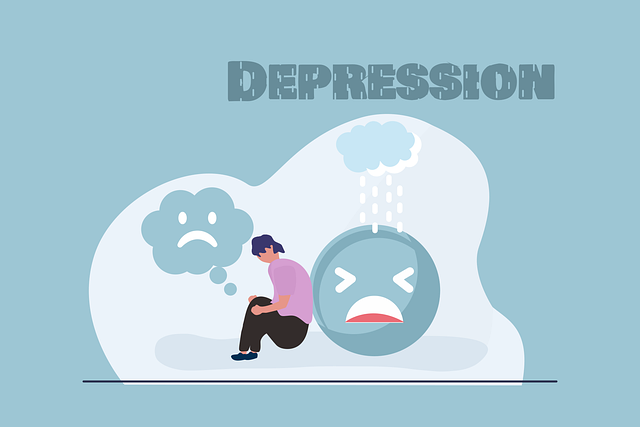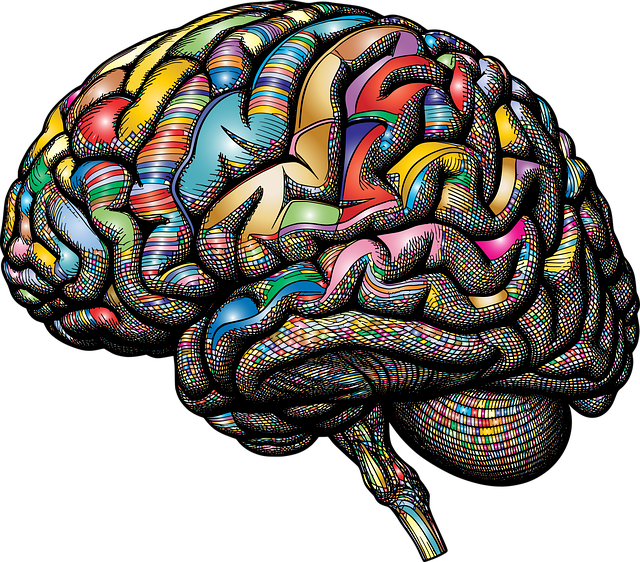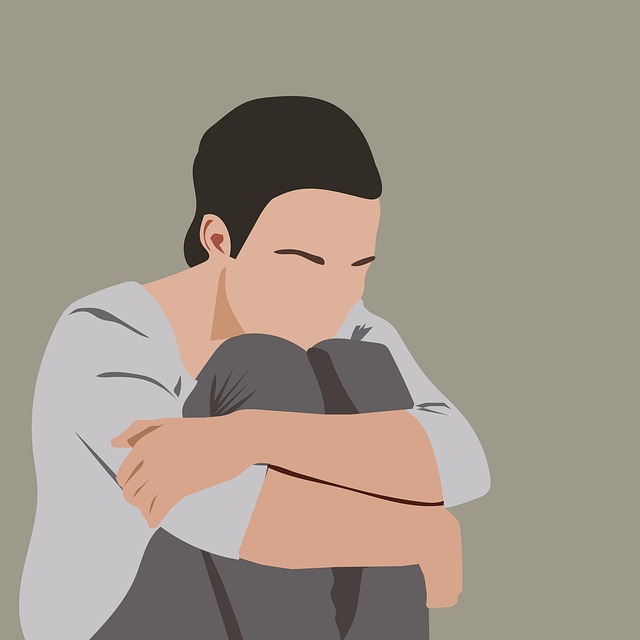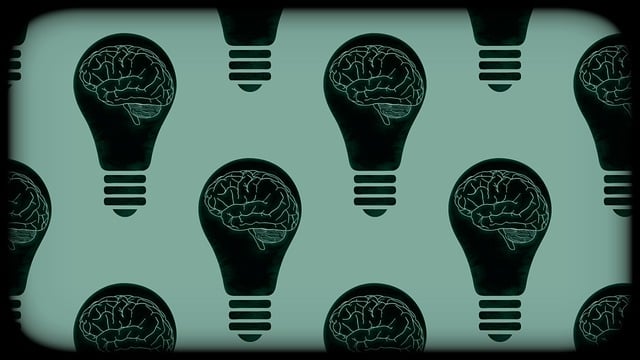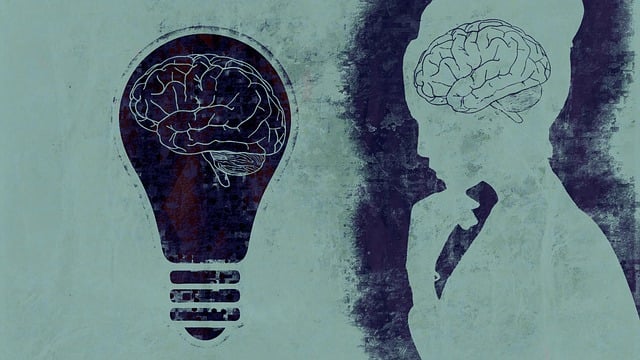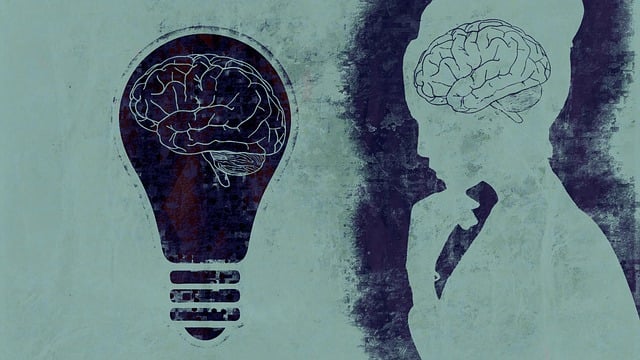Littleton Eating Disorders Therapy (LEDT) prioritizes holistic support for eating disorder recovery by teaching adaptive behaviors like Mind Over Matter principles, CBT techniques, mindfulness practices, and stress management strategies. Through identifying personal triggers, developing tailored coping strategies, fostering a supportive network, and adopting healthy habits, LEDT empowers individuals to challenge distorted thinking, regulate emotions, make healthier choices, and develop positive relationships with food and their bodies.
Coping skills development is a pivotal aspect of eating disorders recovery, offering individuals effective strategies to navigate triggers and manage stress. This comprehensive guide explores proven techniques, from cognitive behavioral therapy to mindfulness practices, empowering those seeking Littleton Eating Disorders Therapy. By identifying personal stressors, challenging distorted thoughts, and cultivating a supportive network, individuals can foster healthy coping habits, enhancing their journey towards healing and improved mental well-being.
- Understanding Coping Skills and Their Importance in Eating Disorders Recovery
- Identifying Personal Triggers and Stressors for Effective Coping Strategies
- Cognitive Behavioral Techniques to Challenge Distorted Thoughts
- Mindfulness and Relaxation Practices for Mood Regulation
- Building a Supportive Network and Healthy Coping Habits
Understanding Coping Skills and Their Importance in Eating Disorders Recovery

Coping skills are essential tools for individuals on their journey to recovery from eating disorders. These disorders often involve complex emotional and psychological challenges that can be overwhelming. Effective coping strategies empower people to manage their symptoms, reduce stress, and navigate triggers successfully. Understanding these skills is pivotal in the context of Littleton Eating Disorders Therapy, where professionals aim to holistically support clients’ healing processes.
The development of healthy coping mechanisms, such as Mind Over Matter principles, enables individuals to challenge distorted thinking patterns and engage in more adaptive behaviors. Conflict resolution techniques can help resolve internal conflicts and interpersonal issues that may contribute to eating disordered behaviors. Additionally, learning stress management strategies is vital for maintaining emotional balance, especially during challenging times. By incorporating these skills into their lives, individuals can better regulate their emotions, make healthier choices, and foster a positive relationship with food and their bodies.
Identifying Personal Triggers and Stressors for Effective Coping Strategies

Identifying personal triggers and stressors is a crucial step in developing effective coping strategies. This process begins with self-reflection and awareness. Individuals must recognize the specific situations, emotions, or thoughts that set off their stress response. For instance, someone struggling with an eating disorder might find that certain social events or criticism from peers trigger obsessive behaviors. Once these triggers are identified, individuals can start to develop tailored coping mechanisms. This may include practicing mindfulness meditation to regulate emotional responses or seeking professional support from a healthcare provider culturally competent in issues like Littleton Eating Disorders Therapy.
Understanding one’s unique stressors enables the adoption of personalized strategies. For some, this could mean engaging in creative outlets like art therapy to process difficult emotions. Others might benefit from physical exercise or spending time in nature as a way to de-stress. By recognizing what elicits stress and adopting appropriate coping mechanisms, individuals can better navigate challenging situations, fostering improved mental health and well-being.
Cognitive Behavioral Techniques to Challenge Distorted Thoughts

Cognitive Behavioral Techniques (CBT) offer a powerful tool for challenging and changing distorted thoughts that contribute to eating disorders. By identifying and questioning negative or irrational beliefs, individuals can begin to see their thoughts in a new light, fostering a more balanced perspective. For instance, someone struggling with anorexia nervosa might hold the distorted thought, “I am only worthy of love if I maintain an extremely low weight.” CBT encourages patients to examine evidence for and against this belief, ultimately helping them recognize and reframe these unhelpful thoughts.
This process is crucial in Littleton Eating Disorders Therapy, as it enables clients to address underlying mental illness stigma reduction efforts and engage in healthy emotional healing processes. By learning to challenge their own thoughts, individuals can develop better coping skills, enhance stress management, and move towards recovery.
Mindfulness and Relaxation Practices for Mood Regulation

Mindfulness and relaxation practices have emerged as powerful tools for mood regulation, offering individuals a way to navigate their emotional landscape with greater awareness and composure. These techniques, often integrated into therapy sessions at Littleton Eating Disorders Therapy, encourage individuals to focus on the present moment, cultivating a sense of calm and self-acceptance. By learning to observe thoughts and feelings without judgment, people can disengage from unhelpful thought patterns that may contribute to eating disorders or other mental health challenges.
Integrating mindfulness into daily routines fosters inner strength development and self-esteem improvement. Through practices such as deep breathing exercises, guided meditation, and body scans, individuals learn to recognize and release tension, promoting a deeper connection with their bodies. This heightened awareness can also facilitate trauma support services by helping individuals process and respond to past traumas in healthy ways, ultimately contributing to overall emotional resilience.
Building a Supportive Network and Healthy Coping Habits

Building a supportive network is a crucial aspect of coping skill development and emotional healing processes. It’s like cultivating a garden where each relationship acts as a nourishing plant, fostering growth and resilience. For individuals seeking Littleton Eating Disorders Therapy, surrounding oneself with understanding and empathetic people can significantly aid in their journey to recovery. This could include joining support groups or engaging in open conversations with trusted friends and family about one’s struggles, which helps to break the isolation often associated with mental health challenges.
Healthy coping habits are another essential component of this process. Engaging in regular activities that promote relaxation and emotional balance can help individuals effectively manage stress. This might include practices such as meditation, exercise, or creative outlets like art or music therapy. By incorporating these habits into their daily routines, folks can develop a toolbox of strategies to navigate difficult emotions, much like using communication strategies for conflict resolution techniques in interpersonal relationships.
Coping skills development is a vital component of recovering from eating disorders, as it equips individuals with healthy strategies to navigate life’s challenges. By understanding personal triggers, adopting cognitive behavioral techniques, and incorporating mindfulness practices, one can challenge distorted thoughts and regulate mood effectively. Building a supportive network and cultivating healthy coping habits, such as those offered through Littleton Eating Disorders Therapy, are essential steps towards a robust recovery. Through these means, individuals gain the resilience needed to overcome their struggles and lead fulfilling lives.

